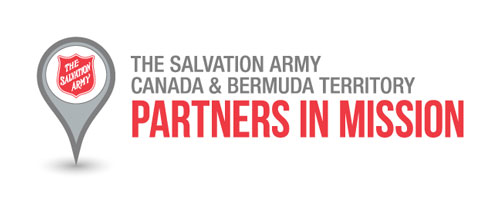 Baking bread is one of the least things I enjoy doing or I should say, the preparations for making bread–the mixing and especially the kneading (ugh). Nevertheless, I find myself up to my elbows in flour at least once or twice a year, particularly when special people come to visit. By “special” I refer to those “dyed in the wool” Newfoundland relatives and friends who shy away from store bought “fog,” as they call it.
Baking bread is one of the least things I enjoy doing or I should say, the preparations for making bread–the mixing and especially the kneading (ugh). Nevertheless, I find myself up to my elbows in flour at least once or twice a year, particularly when special people come to visit. By “special” I refer to those “dyed in the wool” Newfoundland relatives and friends who shy away from store bought “fog,” as they call it.
Now, don’t get me wrong, I love homemade bread as much as the next person. The aroma and mouth-watering flavor of freshly baked bread is simply out of this world. So, when Jesus declares, “I am the bread of life,” (John 6:35), He receives my immediate and undivided attention. And so I ask, “Lord, what lessons can I learn from this interesting statement?”
“Lord, what lessons can I learn from this interesting statement?” Share on X
Jesus knew the reality of hunger and poverty in the day in which He lived. He knew we would always have the poor with us. ( John 12:8) In a recent release by the “World Food Programme,” these shocking statements were shared:
these shocking statements were shared: Share on X
Did you know that, according to the World Food Programme, hunger kills more people annually than AIDS, malaria and tuberculosis combined? Food is one of the most basic and sustaining life sources, and yet so many in the world go without it.
The facts of hunger:
- Approximately 805 million people worldwide, most of them in the developing world, do not have enough to eat
- 1 in 4 children in the world are physically and/or cognitively underdeveloped due to malnutrition
- Nearly half (45%) of deaths of children under 5 are caused by poor nutrition
- There is ample food in the world to ensure every person is healthy
So, why are so many people without food?
A variety of different factors can contribute to this, including:
- Poverty
- Remote location/lack of trade
- Climate and weather
- Natural disaster
- Conflict
- Health emergencies
God help us to ensure that we continue to be our “brother/sister’s keeper” (Genesis 4:9) and that we carry out the ministry to those less fortunate as seen in Matthew 25:35, “For I was hungry and you gave me something to eat…”
“For I was hungry and you gave me something to eat…” Share on XDuring this special time of the year we, in The Salvation Army, are engaged in Partners in Mission efforts in our various corps/churches. We fight to alleviate the physical hunger and poverty that exists throughout our world as we give our special offerings.
We fight to alleviate the physical hunger and poverty that exists throughout our worl Share on X
But even more than the physical hunger, is the spiritual longing and hunger that exists in the heart of men and women today. There is a God shaped vacuum in the heart of each person that only God can fill. (Paschal).
Jesus, as The Bread of Life, satisfied and filled that deep hunger in my soul over 50 years ago. He continues to be sufficient for every day that I live. He is the source of all things good and wonderful. He is my salvation for today, tomorrow and throughout eternity.
 When we eat our next slice of toast or bite into our sandwich at lunchtime, let’s say a little prayer for those who need our practical and spiritual support. May God help us to share our daily bread and His Son, The Bread of Life, with them!
When we eat our next slice of toast or bite into our sandwich at lunchtime, let’s say a little prayer for those who need our practical and spiritual support. May God help us to share our daily bread and His Son, The Bread of Life, with them!
Please share your thoughts and comments at the bottom of this page




